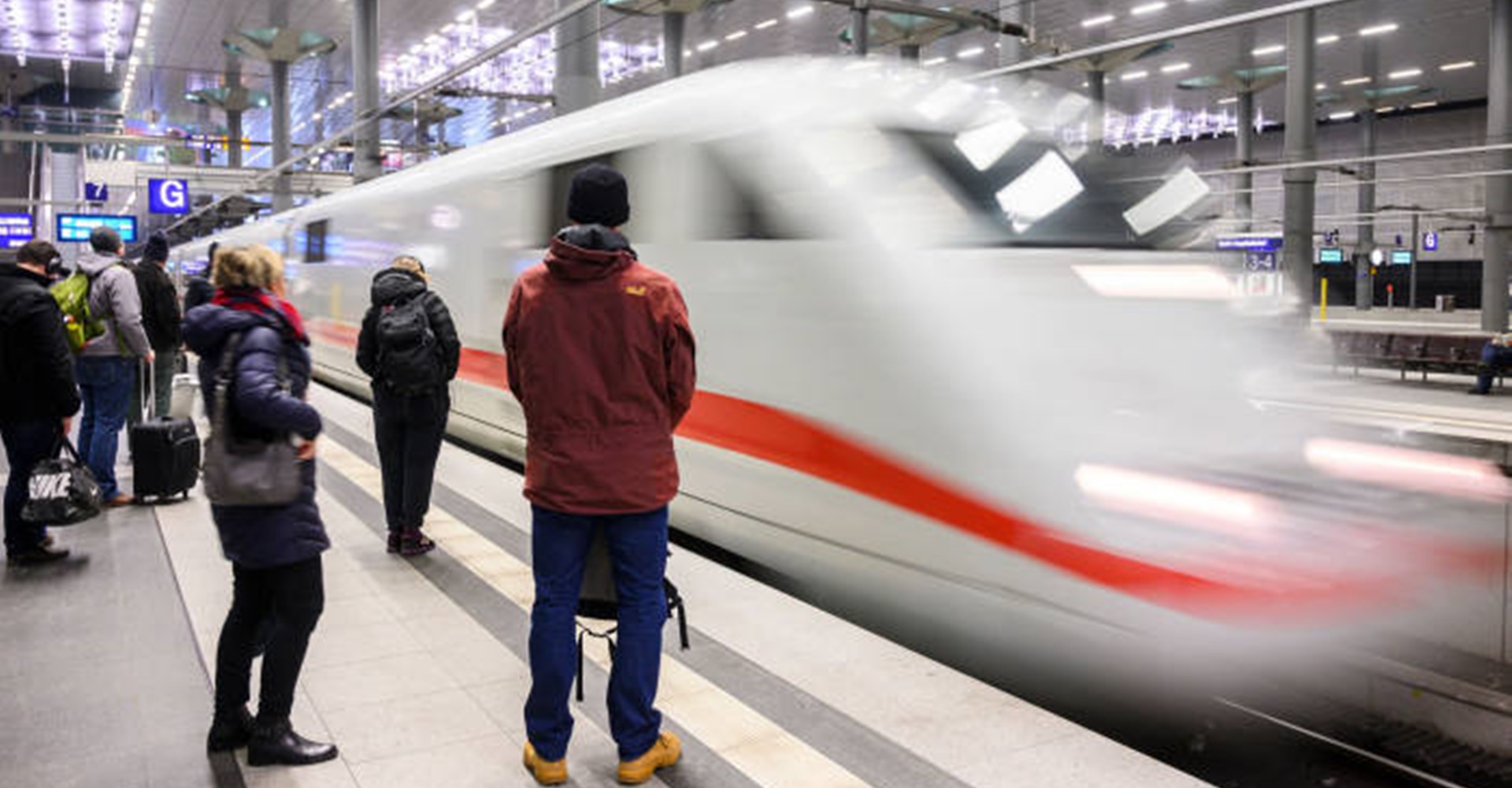Deal establishes Deutsche Bahn as central to Berlin’s ambitious plans to fight climate change
The German government moved to dispel its reputation for not spending enough on the country’s infrastructure as it unveiled a 10-year, €86bn investment programme for the German rail network — the biggest in its history. The plan foresees a 54 per cent increase in spending compared with the previous funding round, with much of the money earmarked for modernising Germany’s tracks, railway stations, signal boxes and energy supply systems. “This is the biggest growth, investment and modernisation offensive in the more than 180-year history of the railways [in Germany],” Richard Lutz, Deutsche Bahn’s chief executive, said on Tuesday. The plan comes with Chancellor Angela Merkel’s government under growing pressure to abandon its commitment to a balanced budget, the so-called schwarze Null, and raise government spending. Even some of Germany’s more hawkish economists have said that in a time of bumper tax revenues and low interest rates the government should be investing much more in the country’s schools, roads and bridges. The investment programme also establishes Deutsche Bahn as central to Berlin’s ambitious plan to fight climate change and shift consumers to less carbon-intensive forms of travel. Germany has committed to cutting its transport sector CO2 emissions by up to 42 per cent by 2030, and wants to increase the number of customers using Deutsche Bahn’s long-distance trains from 148m in 2018 to 260m by 2030. Last year ministers moved to make rail travel cheaper by reducing value added tax on long-distance train tickets.
But the Bahn suffers from an image problem in Germany, with frequent complaints about the quality of the service. Just 76 per cent of its long-distance trains were on time in 2018, well below the official punctuality goal of 82 per cent. Thanks to the injection of funds from the deal, which was signed by Andreas Scheuer, Germany’s transport minister, Mr Lutz and Ronald Pofalla, Deutsche Bahn’s head of infrastructure, that should now improve. “We have the task of creating a modern rail network that is more punctual, more reliable, more efficient, with more passengers and freight travelling by rail,” Mr Scheuer said. Olaf Scholz, Germany’s finance minister, who was also at the signing ceremony, said: “The big issue right now is how to stop climate change, and we’ll never be able to do that without an efficient rail infrastructure.” Under the agreements, the German government will pay €62bn towards the investment programme, and Deutsche Bahn itself €24bn. Deutsche Bahn’s dividends will also be completely reinvested in the business.
The money will go towards modernising 2,000km of rail track and 2,000 switches a year. Some 2,000 bridges will be refurbished by 2030, while €7bn alone will be invested in signal boxes. But the main railway trade union, EVG, has criticised the figure of €86bn as inadequate. Alexander Kirchner, the union’s head, said last year that the railway network had been neglected for decades and that had resulted in a “huge investment backlog that is currently running at €60bn a year”. Calls for greater investment across the board increased after the finance ministry revealed on Monday that it had recorded a €13.5bn budget surplus for last year, the highest on record — partly as a result of lower interest payments. The previous record, in 2015, was €12.1bn.
Source: ft.com
balkantimes.press
Napomena o autorskim pravima: Dozvoljeno preuzimanje sadržaja isključivo uz navođenje linka prema stranici našeg portala sa koje je sadržaj preuzet. Stavovi izraženi u ovom tekstu autorovi su i ne odražavaju nužno uredničku politiku The Balkantimes Press.
Copyright Notice: It is allowed to download the content only by providing a link to the page of our portal from which the content was downloaded. The views expressed in this text are those of the authors and do not necessarily reflect the editorial policies of The Balkantimes Press.

